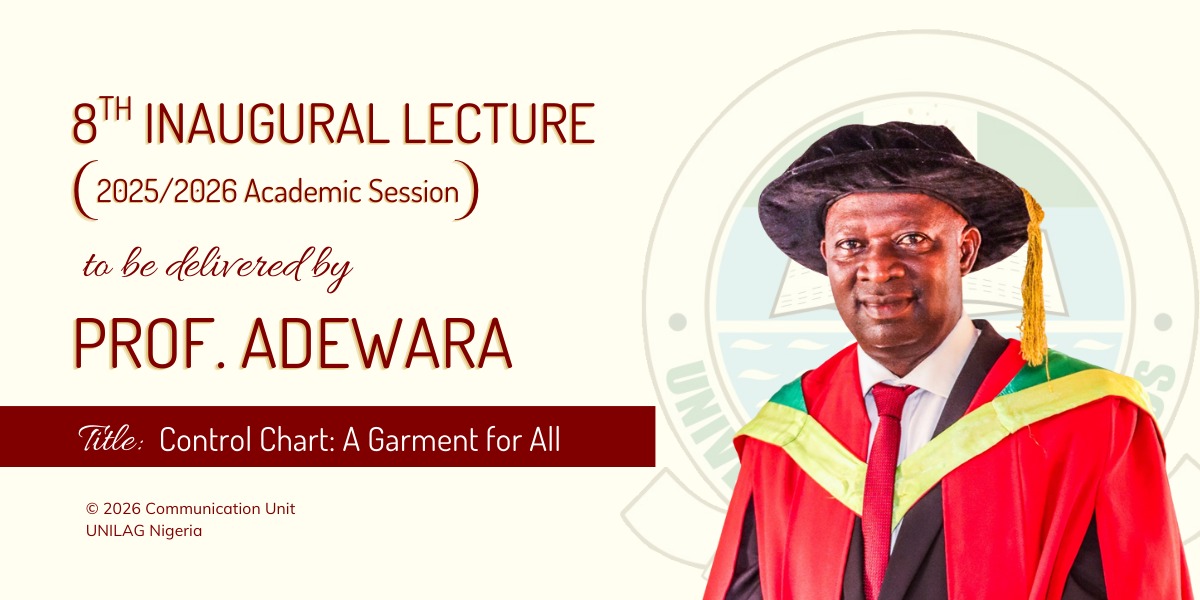The role of digital technologies in higher education in Africa and the preparation of African students for a competitive future were the focus of discussions on Wednesday, November 16, 2023; Day 2 of the 4th ARUA Biennial International Conference, at the Tayo Aderinokun Hall, University of Lagos (UNILAG), Akoka.

On hand to kick off the day’s deliberations was Professor Peter Massen of the University of Oslo, Norway. With his Keynote Address on The Impact of Digital Technologies on the University’s Primary Process – Possible Implications for African Universities, the 3rd of the conference, Professor Massen tasked participants to reflect on the challenge of identity that has been presented to universities by the dynamics of a rapidly evolving world.
According to him, “The key question for all of us is: what kind of university can we be for what kind of society? And we better make sure that it is us that is providing the answers, and not some external set of stakeholders that is determining the university of the future. We have to be much more proactive and involved in discussions around this question”.



African Universities in the Age of Digital Technology
The Keynote Address was followed by the Third Plenary, with the theme: Technology and Changing Higher Education Practice: How Should African Universities Respond? The Vice-Chancellor of Rhodes University, Professor Sizwe Mabizela, was chair of the session.

Professor John Effah of University of Ghana made a presentation on the experience of African universities in the age of digital transformation. He highlighted the positives of technological adoption, such as the gradual replacing of face-to-face contact with mediated communication. He also identified challenges such as the cost of digital infrastructure and the instability of internet services in many African countries.
Professor Russ Ganim of University of Iowa, USA presented a paper on Tech and Teams: The Promise of Webinars and Global Classrooms. Drawing upon experience from practices at his university, he maintained that digital technology is an efficient and economic way to build connections between and among scholars and their universities across the world.
For Professor Adeniyi Isafiade of University of Cape Town, South Africa, “African universities can enhance teaching and learning by using technology and leveraging opportunities”. He discussed the immense potentials of the deployment of immersive technologies, like Augment Reality (AR), Virtual Reality (VR), and Mixed Reality (MR), in African higher education; and charged African academics to scale up their digital literacy.



Preparing African Students for the Future

The Fourth Plenary was the second part of the day’s proceedings, and it was chaired by a former Vice-Chancellor of University of Ibadan, Emeritus Prof. Olufemi Bamiro.
Professor Kwame Akyeampong, from Open University, United Kingdom, kicked off the session with his Keynote Address on Preparing the future student for Africa’s development: How should African universities respond through research and pedagogy?. He charged African universities to begin to look at African challenges through African lenses, affirming that it’s a faster route to success.

“I think we have to be very clear about the challenges that we face and about what higher education should be for. If we don’t settle that question, we would not be able to come up with programmes that address those challenges”.
With his presentation, Mr. Jerome September of the University of Witswatersrand advocated for a student-centeredness at African universities that responds to student needs in terms of infrastructure and pedagogies that relate to their aspirations.
Professor Gordon Awandare from the University of Ghana and Professor Roberta Comunian from Kings College, London were the other presenters at the day’s plenary.
While Professor Awandare encouraged African higher education systems to give confidence to students and enable them to propose new research ideas that can solve Africa’s existential problems, Prof. Comunian advocated for a widespread support for the recognition and promotion of graduates of Creative disciplines.
The 4th ARUA Biennial International Conference continues on Friday, November 17, 2023 at the Tayo Aderinokun Hall, University of Lagos.













